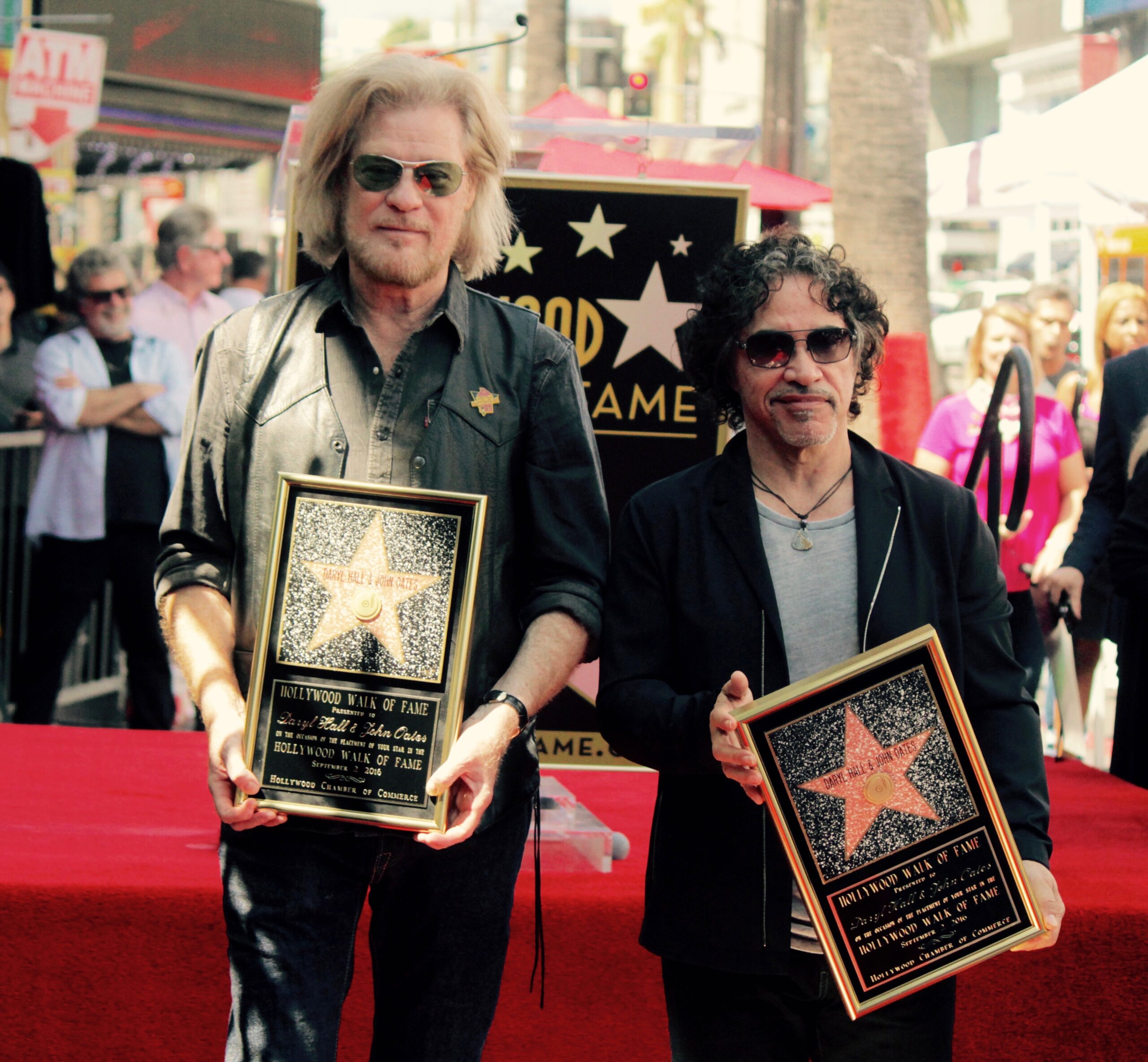Click here to read the original article.
For the last two years, I have had the fortunate opportunity to work with John Oates on his memoir, Change of Seasons, which comes out next April from St. Martin’s Press. You know the music and you think you know the artist but then you realize until the artist consciously decides to come to grips with where they have been, where they are now and where they are going, then you don’t really know anything. Thankfully, that was the path John insisted we carve out. Over countless conversations the stories were revealed, in hotel rooms, in a Nashville BBQ joint, in a van on the way to a sold out Madison Square Garden – whenever we spoke, Oates dug deep, committed to pulling to the surface a remarkable variety of tales, reflections and observations. A naturally honest and intuitive writer/storyteller, often times my job was simply to stay out of his way as he wrestled with memories and recounted details with a journalist’s sense of detail and color.
In the green room off Hollywood Boulevard on Friday, September 2, Oates was loose and funny as usual. And watching him in conversation with Daryl Hall, you sense how thick that air is between them. After all, it’s just about 50 years since they first came together, when each of their competing bands were forced into the Adelphi Ballroom service elevator in Philadelphia when, at a radio hop, shots were heard out front and the musicians backstage hustled to their hideout.
And oh, what happened as a result of that meeting.
They started out as a folky duo called Whole Oats that played coffee houses in Philly, looking for a future. Soon they would be signed to Atlantic Records and with their sophomore effort, 1973’s elegant and ethereal “Abandoned Luncheonette,” they truly introduced themselves to the world. Next came the quirky, experimental “War Babies” album and the year after that what became known as the “Silver” album.
A year later they had their first number one smash with the song “Rich Girl” and all of a sudden, five albums in, they were stars. But international pop success can be fleeting as they learned once radically changing musical tastes in the late 1970s pushed them off the charts. But that didn’t phase the duo. After all, they were never about trying to write hit singles. They simply made the music they felt at the moment. So that’s what they kept doing, synthesizing old influences while tapping into ones and continuing to evolve.
In the early 1980s, the world caught up with them again and that stratospheric rebirth is probably why everyone is crowded out there on Hollywood Boulevard today. But as any true Hall and Oates fan knows, beyond the familiar hits there are many gems waiting to be discovered on all of those old albums.
In the green room, a woman comes in and lets everyone know that it’s time to go out for the ceremony. And so along with Eurythmic Dave Stewart and legendary Atlantic records executive Jerry Greenberg, they file out into the warm mid-day California sunshine. There are speeches to be made and a star to be revealed.
Out in the light, they say their words and they take their bows, respectful and certainly appreciative. Still, these are not artists that were ever about awards for accolades. They were (and still are) about creating and playing music on their own terms. And as the hits were piped out over a PA into the Hollywood lunch hour, you could see people connecting with the memories, just as they do at the concerts. They time travel back to the first time they heard “She’s Gone.” Or “Sara Smile.” There is comfort when these two artists get together, and not just because they take people back to special places. In my opinion, I think that many feel a deep appreciation for Daryl Hall and John Oates because they also represent a kind of timeless American ideal; this sense that you work hard for what you believe in, that you roll with the punches and that you stick to your guns. And maybe it even gets you a star on the boulevard. Regardless, those are qualities we probably all like to project upon ourselves, and knowing the legacy and what these artists have done to thrive and survive, we embrace their tenacity and perseverance; their heart and soul.
“Is it a star?” they asked on 1974’s “War Babies.” Well, it’s two stars actually, whose paths crossed fatefully back in ‘67 and soon after, they created a private universe to work and play in. And that universe has never stopped expanding. As artists, they survive as a duo by always leaving room to spread their own wings. That’s what gave birth to Daryl’s popular club and TV show. And John’s rootsy musical explorations and upcoming memoir. They’ve never stopped growing and we’ve never stopped cheering them on. Because they represent all of those things we love best and hold dear. And they’ve given us all of this music.
Congratulations Daryl Hall and John Oates on your star.
And thank you. For always staying true to your roots and your artistic values, For doing what you want. And being what you are.

